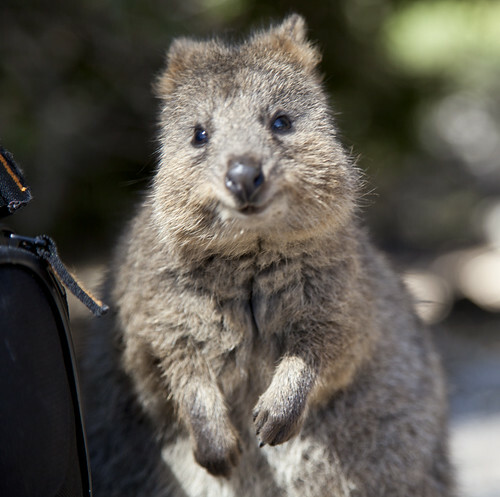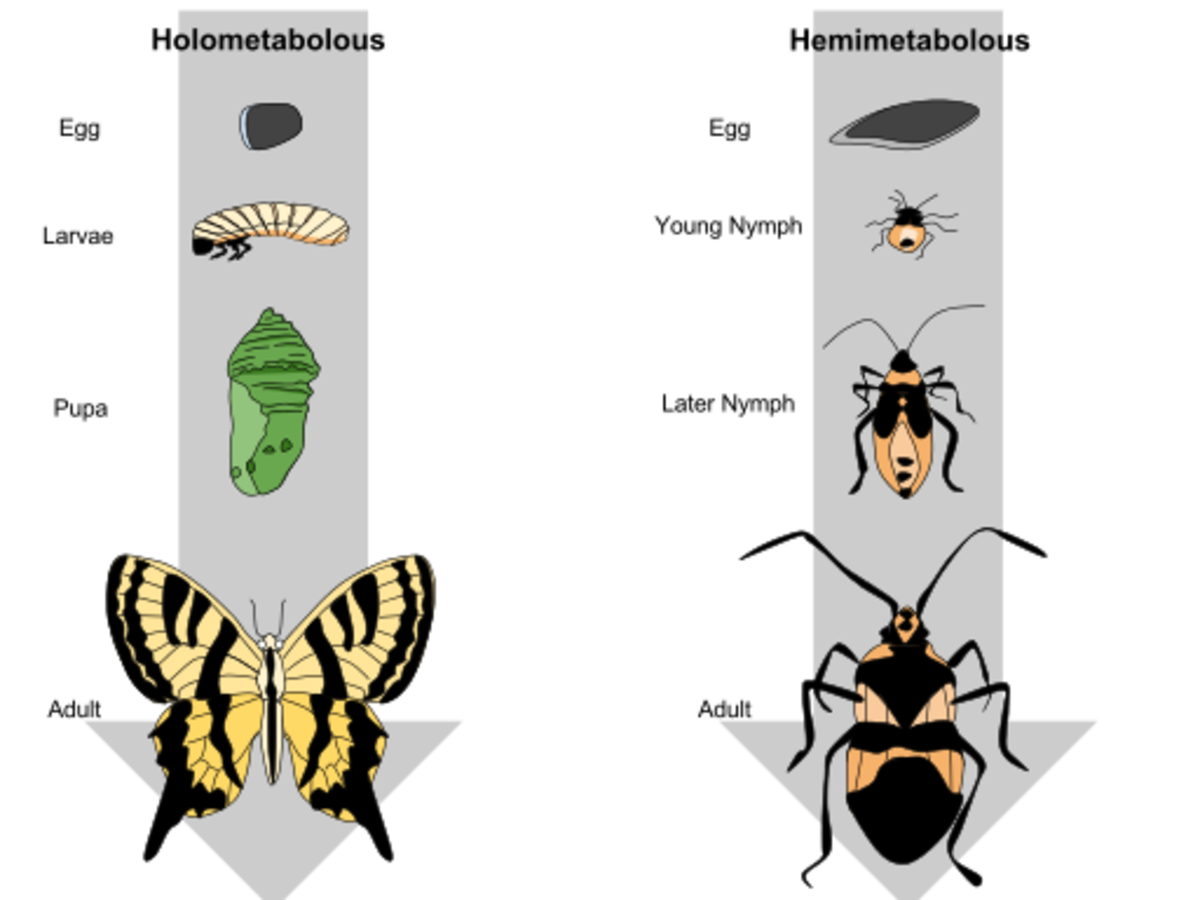26 Words That Amaze and Amuse

Learn how you can stop an interesting dinner conversation dead by prattling on about one of the 26 obscure words listed below. This service is offered without charge, gratis, buckshee, pro bono, complimentary, on the house, and gluten free.
Absquatulate. If you are searching for le mot juste to clinch a discussion this is probably not it. It means to run away or leave abruptly.
Bumfuzzle. You might be excused for being confused into thinking this refers to some sort of aid to daily ablutions. Partly right. It means perplexed and confused.
Cabotage. Let’s make one thing clear: Cabotage does not mean to damage a taxi. It describes the transportation of passengers and goods between two locations in the same country. There is no guarantee that such transportation will take place as scheduled, as anyone who has flown with a budget airline will know. Or, any airline for that matter.

Dulciloqy. A pleasant sounding voice. There are moments in a young swain's life when softly spoken endearments from the object of his affections will make him agree to anything. Even perhaps, going shopping in a fabric store.
Esquivalience. The New Oxford American Dictionary put this word in its 2001 and subsequent editions, where it's defined as “the willful avoidance of one’s official responsibilities.” But, it's a fake word, like covfefe. The dictionary put it there as a trap to catch anybody stealing its content and dictionary.com did just that by publishing esquivalience. Dictionary.com's compilers willfully avoided their responsibilities in writing their publication from scratch. So, the word may have ceased to be fake. Rest assured though that others are planted to trap the scoundrels who are happy to steal the work of others rather than putting in the effort themselves.
Facinorous. You're in a rather grubby tavern, a large, obnoxious man has insulted you, and you are searching for a suitable comeback. We've all been there. Facinorous is the word you're looking for. It describes someone who is vile, atrocious, criminal, immoral, wicked, and just not very nice. Try it out next time you are confronted by an aggressive and, perhaps intoxicated, bully. I'll hold your coat.
Godwottery. You don't hear this a lot nowadays. In fact, you don't hear it at all, which is a shame. It describes the deliberate use of archaic language. “Forsooth my good man. Art thou compiling a chrestomathy of annotations?”
Harridan. These days such as person is known as a “Karen;” a woman who throws a hissy fit because of some infringement of her supposed entitlement. The origin of the word is somewhat obscure. The woman who became known as the Phillies Karen is a good/bad example.
Impignorate is not the breeding of hogs to feed the insatiable demand for bacon. It means to pledge or pawn something in order to have money to buy that bacon.
Jaculiferous. Enter the world of hedgehogs and porcupines. Jaculiferous means covered in prickles or spines. There are not a lot of opportunities to elbow this into a conversation.
Kakorrhaphiophobia. We can tell from the last two syllables that this is the fear of something, but what? Merriam-Webster comes to the rescue: “Abnormal fear of failure.” The sort of panic that might strike a spelling bee contestant who gets this one, when the kid in front of him got “dog.”
Lascivious. For a trifling ten bucks you can own a tube of lip gloss from Lascivious Cosmetics. We are told by the maker that the product is “Handmade isn't just a method-its my passion, Its means every tube is made with care, intention, and a whole lot of personality.” The lip gloss might stir up some sexual frenzy, the meaning of lascivious, but the grammar is a bit wobbly.

Macaronic. Obviously it's something like pappardelle alla mushrooms. Close but no sigaro. Macaronic is language in which words from different languages get mixed up. I recall a friend telling me after an oral French test that he'd managed to tell the examiner “J'ai been a Italy dans le bus.” He thought he'd aced it.
Obstreperous. He's the fellow we met in the pub earlier—bad tempered, obnoxious, and disorderly. That bruise looks angry.
Perdurance describes something that exists for a long period of time. It has given rise to a school of philosophy described for us by Jenna Wichterman of Wooster College: “Perdurance is commonly referred to as four-dimensionalism. Perdurance states this: everyday objects are four-dimensional space-time worms ('spread out in time'), and an object persists through time by having temporal parts at each time segment of its existence.” Good to know. In case you are thinking of becoming a perdurantist, there's no rush. Perdurance is going to be around for a while.
Quokka. The cutest critter you're likely to find anywhere. National Geographic deemed the Australian marsupial to be the “happiest animal on earth.” Who doesn't want a quokka curled up on their lap while they read engaging articles such as this? But, you can't keep one as a pet. The nearest you can get is a stuffed teddy bear.

Recrudescence. Suppose voters elected someone who proved to be incompetent and corrupt. Next time around they chose someone else but after four years decided to reelect the earlier dishonest idiot. There's a word for that and it's recrudescence—the recurrence of a disease after a period of remission.
Tmesis. What a Yorkshireman might call his wife, based on the way people from that district often pronounce “the” as simply “t.” (I am acutely aware that witticisms don't really work if you have to explain them). “It is a rhetorical device that involves the breaking down of a phrase or a word into two parts” (literarydevices.org). In Pygmalion, George Bernard Shaw has Eliza Doolittle saying “abso-blooming-lutely” and “fan-bloody-tastic.”
Ululate. A vocalization that involves a wavering howl that is made, usually by African or Middle Eastern women. It's used in moments of celebration or sorrow. Context is everything.
Vaniloquence. Idle and meaningless chatter. “You know, I do the weave. You know what the weave is? I'll talk about, like, nine different things, and they all come back brilliantly together. And it's like—and friends of mine that are, like, English professors—they say, it's the most brilliant thing I've ever seen.”
Windrow. After hay is cut it's piled into long lines to dry; that's a windrow. It's also what a gleeful snowplough driver leaves in the mouth of your driveway after you've shovelled away a foot of the stuff.
Xertz. The Reader's Digest tells us that “there are records of xertz being used to mean to greedily gulp down a drink.” The sort of thing that happens following a visit from the smiling snowplough driver.

Yottabyte. First came the gigabyte, then the terabyte, both units of digital data storage (I think). The yottabyte is bazillion (a technical term) times bigger than any number our puny brains can grasp. It's expressed as 1024 bytes; that's one followed by 24 zeros. Almost enough to store all the images of cats extant on the internet.
Zilch. Pity the poor alphabet compiler who arrives at the letter “Z” and can't find a good word to have some fun with. Sort of like John Cage's orchestral masterpiece, 4:33.
Bonus Factoids
- Why do we chop down a tree but chop up firewood?
- Almost every language calls this fruit an “ananas,” or a close variant of that. Only in English is it known as a pineapple because it's related to neither apples nor pines. Makes perfect sense.
- Ghoughghpteightteeau is a wonderful word that is pronounced potato. “P” as in hiccough. “O” as in dough. “T” as in ptarmigan. “A” is in neighbour. “T” as in gazette. And, “O” as in plateau.
This content is accurate and true to the best of the author’s knowledge and is not meant to substitute for formal and individualized advice from a qualified professional.
© 2025 Rupert Taylor








